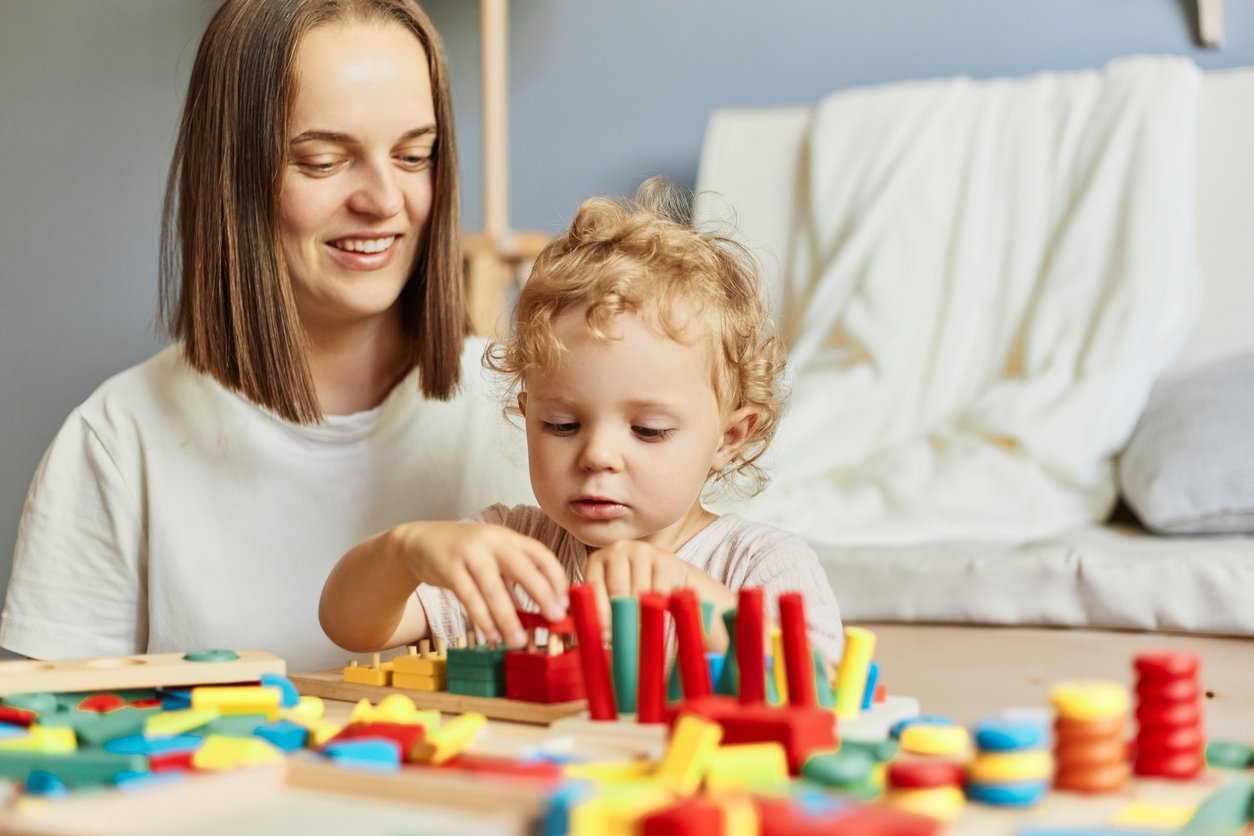
It’s a common dilemma for parents: should you be concerned about your child’s development, or are you simply overreacting? You might notice small delays or differences, but is it worth taking action, or should you just wait and see if your child catches up on their own?
This decision can be tough, but if you’re unsure, keep reading to learn once and for all if “wait and see” is the right approach.
Parents Are Often Told to “Wait and See” When it Comes to Their Child’s Development
If you’ve noticed that your child isn’t reaching certain milestones as quickly as their peers, you may have been told by their pediatrician, family, or friends that children develop at their own pace. They mean well, and they don’t want you to worry—but is that good advice for your child?
While it’s true that each child is different and may develop slower or faster than others, it’s important to understand that they should still be hitting key developmental milestones within a general age range.
These milestones (such as crawling, walking, or starting to speak) were created as guidelines for typical child development and are essential markers to track your child’s progress. While there is a range, if a child is missing one or more milestones, it can prevent them from building the skills they need for their next stage of growth.
If There Is a Delay, Waiting Can Make It More Difficult to Overcome Later On
While it can be tempting to take a “wait and see” approach, delaying action when your child is falling behind can make it harder for them to catch up later. What might seem like a small delay now can grow into a much larger issue if left unaddressed.
Developmental skills build upon each other, so when a child is delayed in one area, it often leads to further delays down the road. For example, if a child struggles with crawling, they can then struggle with standing and walking later on.
Waiting Can Also Cause Problems for Your Child
Developmental delays don’t just affect your child’s skills—they can also impact their education, social interactions, and emotional wellbeing. Children who struggle to keep up with their peers may feel frustrated or lose confidence, which can affect how they perform in school and how they relate to others.
A child who has trouble communicating, for example, might struggle to make friends or express their needs. This can make them reluctant to communicate at all as they get older. These challenges can create a ripple effect that touches many areas of their life.
Trust Your Instincts, Don’t Wait and See
If you have concerns about your child’s development, the best thing you can do is trust your instincts and seek an evaluation. It’s not an overreaction, it’s the best way to know for sure. Getting an evaluation is a win-win situation: either you’ll receive reassurance that your child is on track, or, if there is a delay, you’ll know early and be able to take action quickly.
Don’t wait and wonder—reach out to First Steps Pediatric Therapy at (720) 989-0179 today to ensure your child gets the support they need to thrive.

